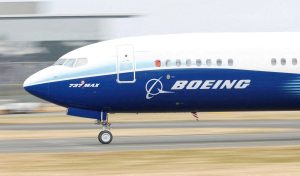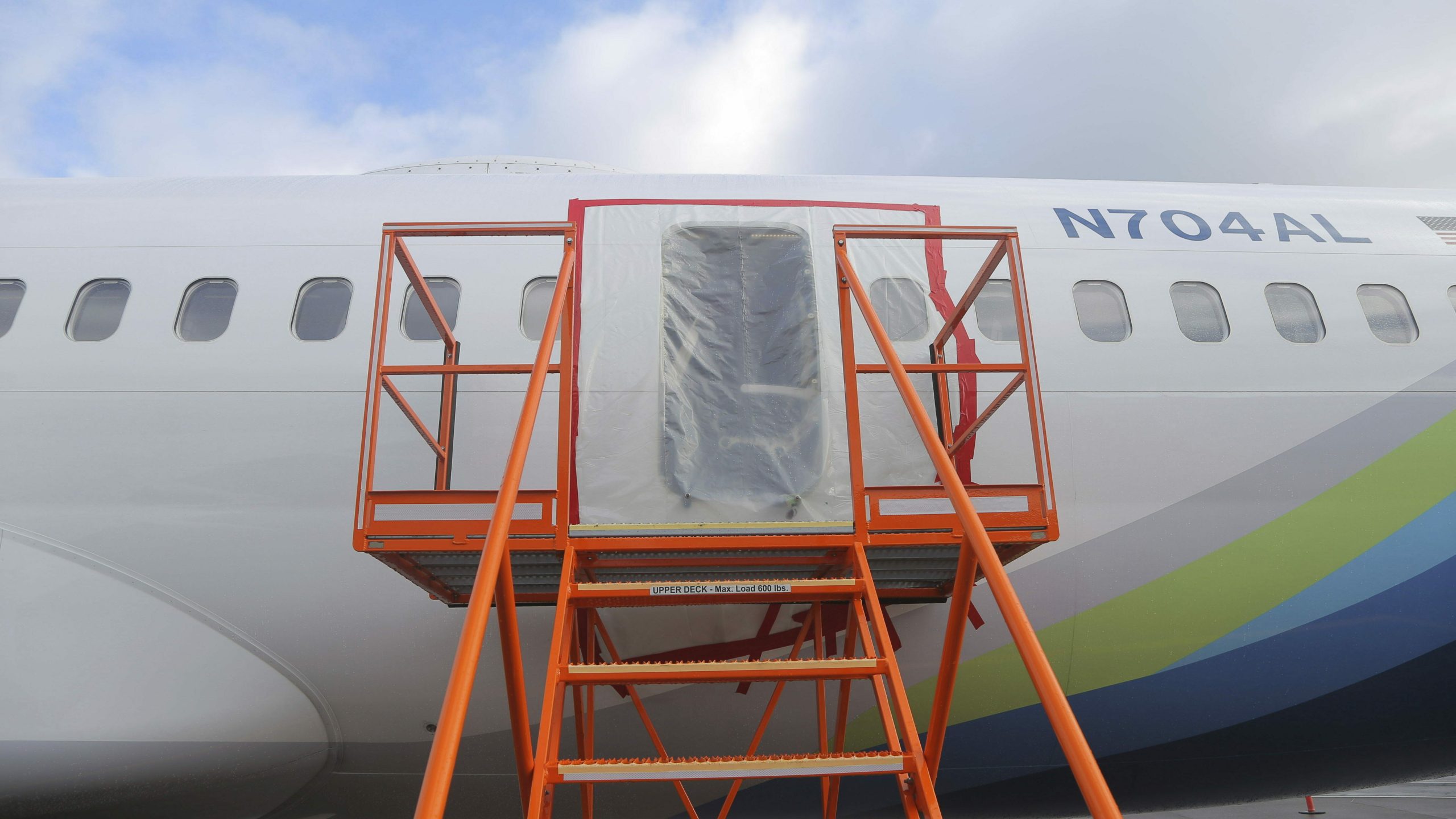A Senate subcommittee has called upon Boeing CEO David Calhoun to testify regarding the company’s commercial jetliners amidst an inquiry prompted by recent safety-related allegations from a whistleblower.
The subcommittee has announced plans to convene a hearing next week, featuring testimony from Boeing quality engineer Sam Salehpour. Salehpour is anticipated to provide insights into safety concerns surrounding the manufacturing and assembly processes of the 787 Dreamliner, highlighting potential safety risks that could be “potentially catastrophic.”
Boeing has refrained from confirming whether Calhoun will attend the hearing scheduled for April 17.
Responding to inquiries from The Associated Press, a Boeing spokesperson stated that the company is cooperating with the subcommittee’s inquiry, offering to provide documents, testimony, and technical briefings.

The Federal Aviation Administration (FAA) has been conducting its own investigation into Salehpour’s allegations since February, as noted by the subcommittee. However, the FAA has yet to respond to requests for comment on the matter.
Salehpour, whose concerns were recently featured in a New York Times article, is expected to outline the retaliation he faced after raising his safety concerns.
According to Salehpour, his apprehensions stemmed from changes observed in the assembly process of the 787 Dreamliner’s fuselage.
He expressed concerns over potential shortcuts taken by Boeing during assembly, resulting in excessive force and deformations in the composite material utilized in the aircraft’s outer skin.
Boeing, in a statement spanning 1,500 words, expressed full confidence in the structural integrity of the 787 Dreamliner, dismissing concerns raised by Salehpour as “inaccurate” and emphasizing that the aircraft will maintain its service life over several decades.

The company adamantly denied any retaliation against Salehpour, reiterating its commitment to fostering an environment where employees are encouraged to voice concerns without fear of reprisal.
Boeing’s safety practices have come under scrutiny following an incident involving a door panel on a 737 Max 9 jet in early January. Although pilots managed to land the aircraft safely, subsequent investigations revealed missing bolts intended to secure the panel, raising further questions about Boeing’s safety protocols.
Both the 787 Dreamliner and the 737 Max have faced production defects that have led to delays in deliveries and shortages of aircraft for airlines.
Calhoun’s announcement of his retirement at the end of the year follows the departure of another high-ranking Boeing executive and the decision by the company’s board chairman not to seek reelection in May.
